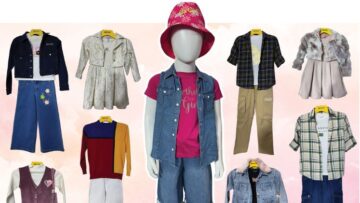
Even as stores in India sell the French company’s products, Decathlon has begun listing competitors like Adidas and Garmin to link customers and sellers online. About 15-20 per cent of the company’s US $ 529 million (Rs. 4,500 crore) annual revenue in India comes from online sales, with shoes accounting for 30 per cent and clothing for 32 per cent.
A quarter of Decathlon’s revenue comes from competing brands worldwide, but in India, everything from running shoes to mountaineering gear is marketed under its own labels in compliance with local regulations.
India allows 100 per cent FDI in single-brand retail, where several products are marketed under a single name. Decathlon, Ikea, Nike, and Adidas are examples of corporations that have used this strategy. FDI is prohibited in multi-brand retail, which is the direct sale of numerous brands to customers under one roof.
A representative for Decathlon India claimed that while the firm shows products from other brands on its platform for convenience and to increase accessibility to athletic goods, it sends customers to the websites of other brands for invoicing and fulfilment.
Decathlon is now using India’s marketplace model of e-commerce, which permits 100 per cent FDI via an automated route and prohibits the company from holding any inventory. Barbara Martin Coppola, the business’s worldwide CEO, stated last year that the company was in talks with the Indian Government about enabling it to sell goods from other companies in its stores.






